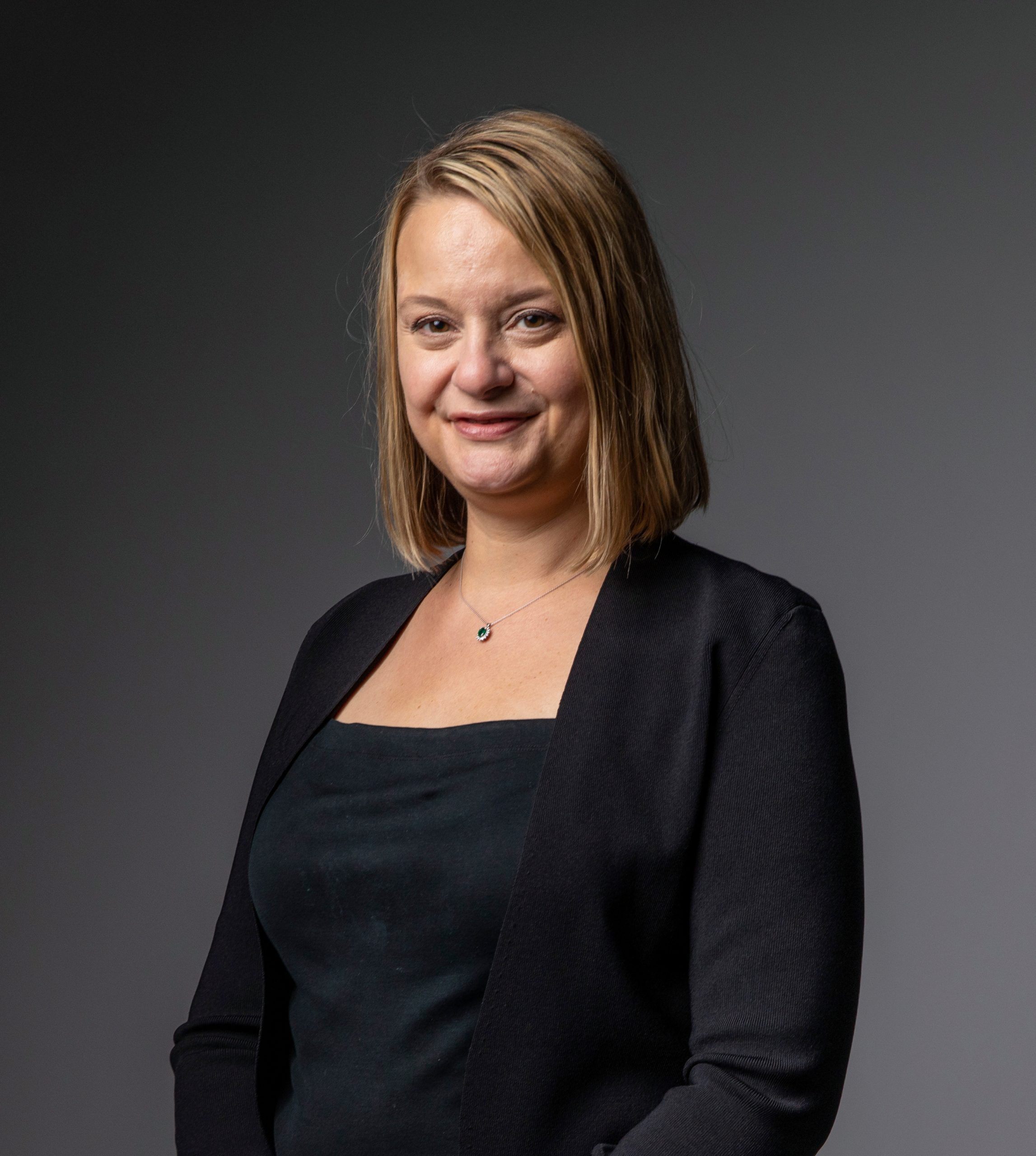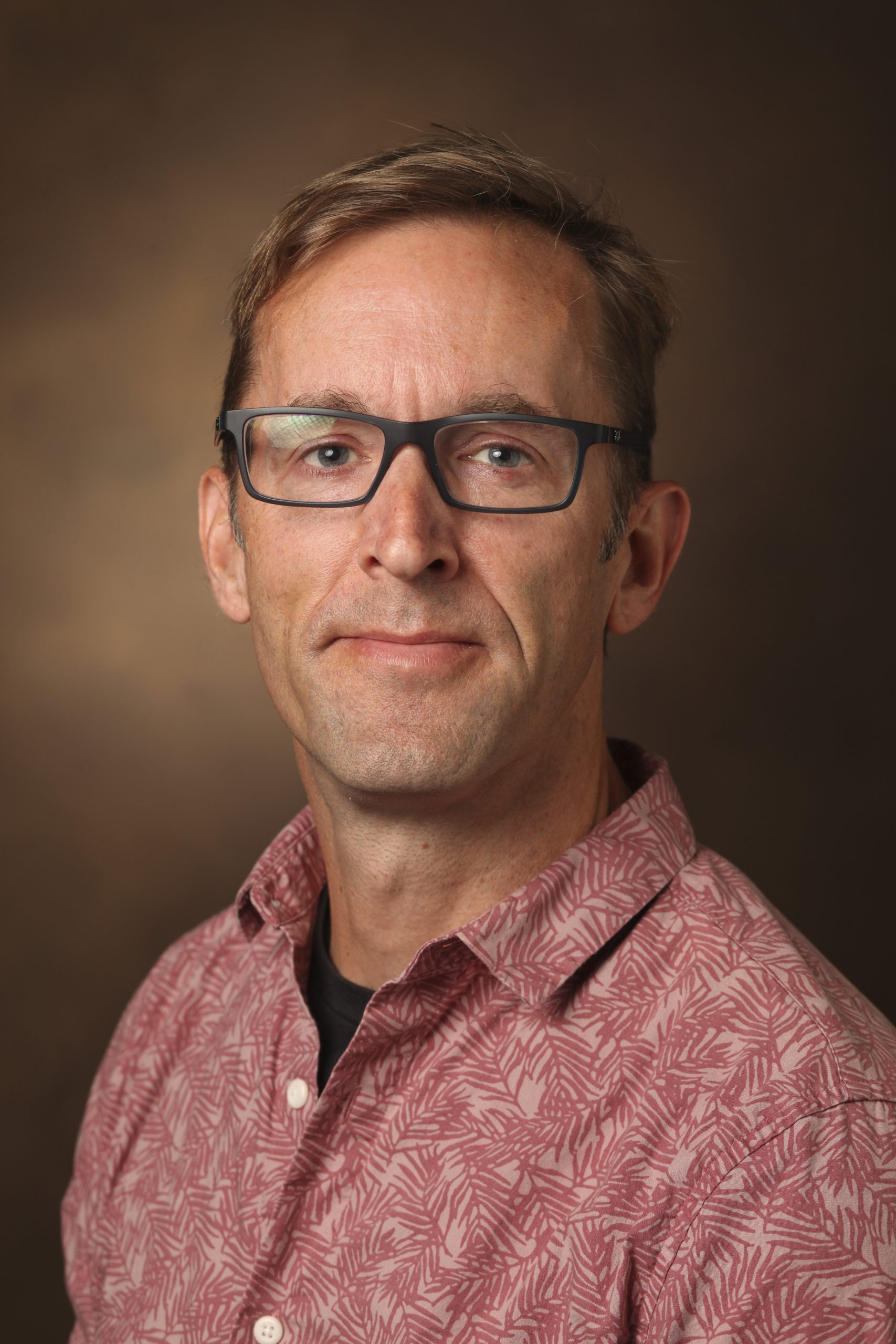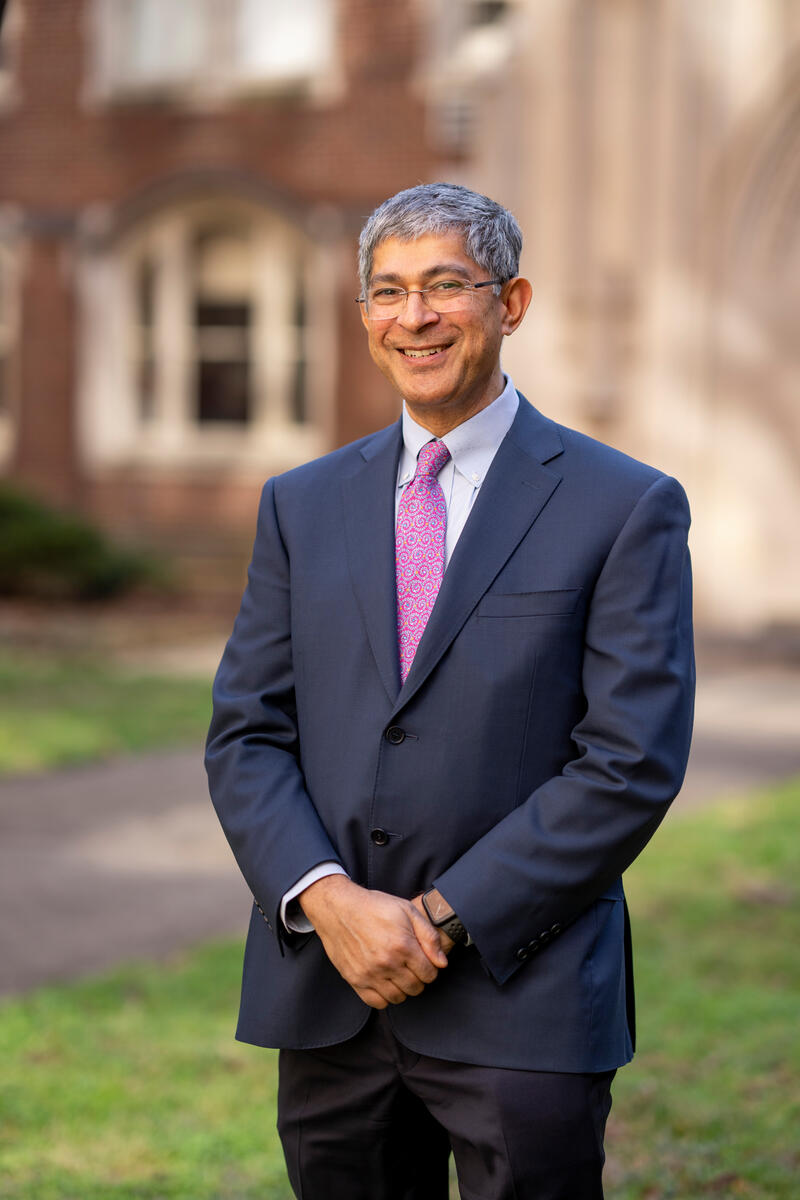Two Vanderbilt faculty members have been elected 2024 fellows of the American Association for the Advancement of Science. After a rigorous nomination and review process, Lisa M. Monteggia and Matthew J. Tyska are among the 471 scientists, engineers and innovators who have been recognized for their scientifically and socially distinguished achievements by the world's largest general scientific society and publisher of the Science family of journals.
"At Vanderbilt, we are committed to driving discovery and innovation across disciplines. The election of Professors Lisa Monteggia and Matthew Tyska as AAAS Fellows highlights the significance of their contributions to neuroscience and cellular biology," Provost and Vice Chancellor for Academic Affairs C. Cybele Raver said. "Their dedication to scientific inquiry and mentorship upholds the highest standards of excellence. We are immensely proud of their achievements and this well-earned recognition from the world's largest general scientific society."
A tradition dating back to 1874, election as an AAAS Fellow is a lifetime honor, and all fellows are expected to meet the commonly held standards of professional ethics and scientific integrity. Monteggia and Tyska are now among the storied fellows who have been elected from Vanderbilt throughout the university's history.
"This year's class of fellows are the embodiment of scientific excellence and service to our communities," AAAS chief executive officer Sudip S. Parikh said. "At a time when the future of the scientific enterprise in the U.S. and around the world is uncertain, their work demonstrates the value of sustained investment in science and engineering."
MEET THE TWO VANDERBILT AAAS FELLOWS

Lisa M. Monteggia, Lee E. Limbird Professor of Pharmacology and Barlow Family Director of the Vanderbilt Brain Institute, was one of 14 faculty nationwide to be honored in the section of neuroscience. AAAS cited Monteggia's contributions to understanding cellular and molecular mechanisms underlying neuropsychiatric and neurodevelopmental disorders, in particular the role of epigenetic factors, including MeCP2 and HDACs, in the central nervous system.
"It is an honor to be elected as an AAAS Fellow. Our research utilizes multidisciplinary approaches to better understand the brain and advance treatment for neuropsychiatric disorders," Monteggia said. "I am thankful to the amazing graduate students and postdoctoral fellows who have trained in my laboratory, and through their efforts expanded our knowledge of fundamentals of neuroscience."
 Matthew Tyska, scientific director of the Cell Imaging Shared Resource and professor of cell and developmental biology, was named a fellow in the section of biological sciences for his distinguished contributions to the field of cellular and molecular physiology, particularly using intestinal epithelial cells to understand how the cytoskeleton controls cell shape and function.
Matthew Tyska, scientific director of the Cell Imaging Shared Resource and professor of cell and developmental biology, was named a fellow in the section of biological sciences for his distinguished contributions to the field of cellular and molecular physiology, particularly using intestinal epithelial cells to understand how the cytoskeleton controls cell shape and function.
"I am very grateful to be selected as a 2024 AAAS Fellow. Our research team applies advanced forms of light and electron microscopy to investigate the molecular control of cytoskeletal architecture and dynamics, specifically in the context of the intestinal epithelium. Discoveries from our work have illuminated fundamental mechanisms underpinning key facets of intestinal function, including nutrient absorption and barrier function against pathogens," Tyska said. "I am proud to share AAAS recognition of these advances with our incredibly dedicated laboratory staff and trainees, past and present, who have made this scientific journey both exciting and rewarding."
This 151st class of fellows of the American Association for the Advancement of Science joins distinguished scientists such as Thomas Edison, Mae Jemison, Anthony Fauci and Ellen Ochoa.
DEAN KURIYAN ELECTED AS 2025 AACR FELLOW
 Additionally, the American Association for Cancer Research recently announced that Mary Geddes Stahlman Chair and Dean of Basic Sciences John Kuriyan was recently elected a member of the 2025 class of fellows of the AACR Academy. AACR recognized his work studying how cells communicate and the role of proteins called kinases. Kuriyan's work explains how tyrosine kinases like Src and EGFR function, switching back and forth between different states, improving the basic understanding of how signals are transmitted within cells. It also informed the creation of new cancer treatments that target kinases.
Additionally, the American Association for Cancer Research recently announced that Mary Geddes Stahlman Chair and Dean of Basic Sciences John Kuriyan was recently elected a member of the 2025 class of fellows of the AACR Academy. AACR recognized his work studying how cells communicate and the role of proteins called kinases. Kuriyan's work explains how tyrosine kinases like Src and EGFR function, switching back and forth between different states, improving the basic understanding of how signals are transmitted within cells. It also informed the creation of new cancer treatments that target kinases.
"It is a great honor to be elected as a fellow of the AACR Academy and to join this distinguished community of scientists dedicated to advancing cancer research," Kuriyan said. "Understanding the molecular mechanisms that drive cancer has been at the heart of my work, and I am grateful for the opportunity to contribute to the field alongside so many pioneering researchers. I look forward to collaborating with my fellow AACR Academy members to further scientific discovery and improve patient outcomes."
Fellows of the AACR Academy are nominated and elected through a meticulous, multistep, peer-reviewed process that rigorously evaluates each candidate's scientific achievements and contributions to global cancer research. Only those whose work has made a profound and lasting impact on cancer research and related fields are considered for election and induction into the AACR Academy.






